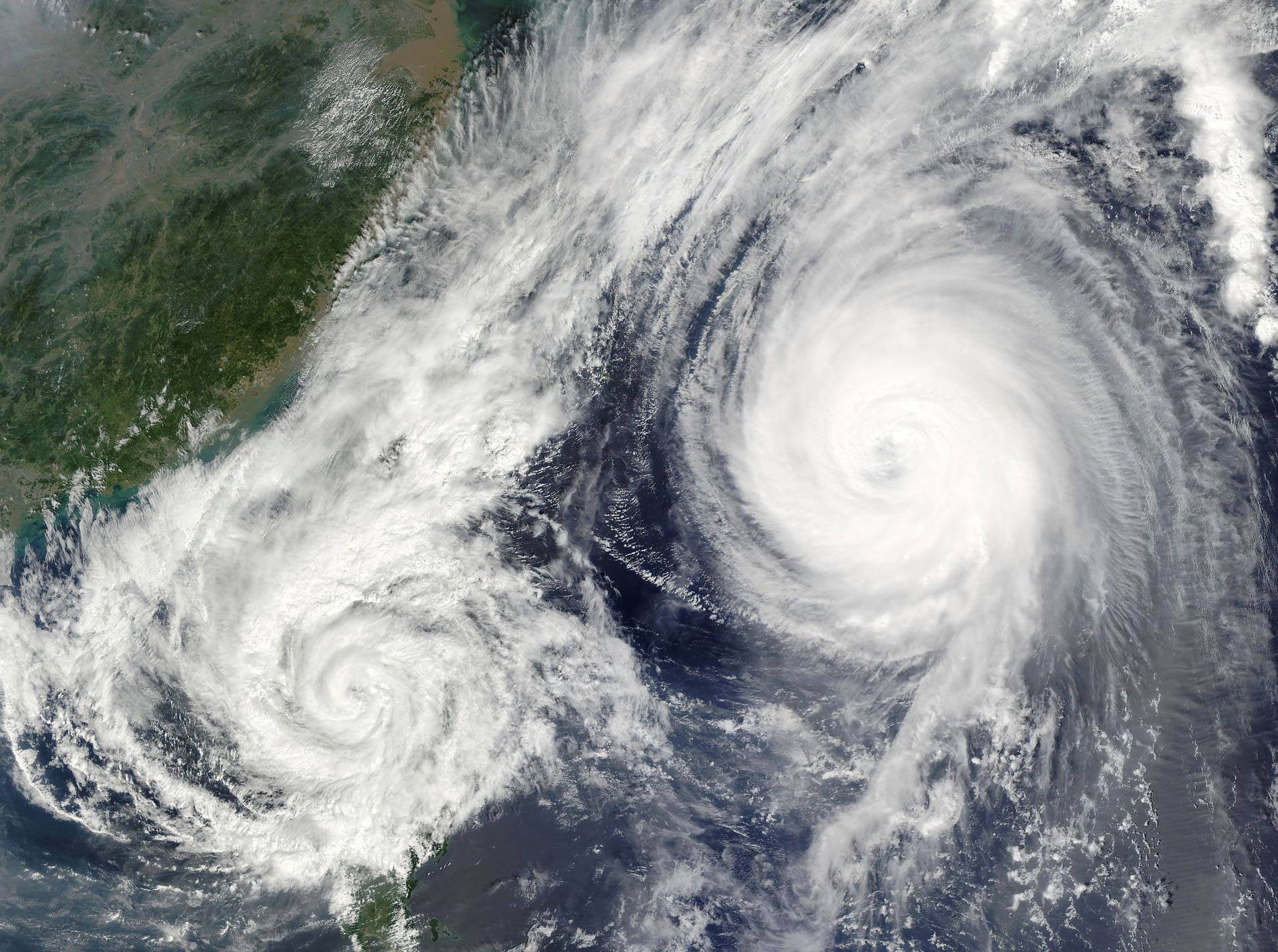By Ben Brumfield
Alleviating suffering more effectively in the wake of hurricanes may require a shift in relief strategies, says a committee report by the National Academies of Science, Engineering, and Medicine.
In the immediate aftermath, relief agencies rush in survival supplies like water, food, medicine, and blankets. But instead of prioritizing and maintaining the relief supply chains, restoring a normal supply infrastructure could help more people more quickly. That’s the first recommendation from over 125 pages of case studies and analyses, issued by an eight-member National Academies committee that included Pinar Keskinocak, William W. George Chair and Professor at the H. Milton Stewart School of Industrial and Systems Engineering.
Following a hurricane, mangled homes and roads, contaminated water, and shortages of everything compound suffering. The report noted that restoring supply lines, primarily within the private sector, would accelerate recovery — but relief efforts can unintentionally conflict with that.
“Relief supply chains inevitably compete with regular supply chains, given limited resources such as transportation. If the focus is primarily on pushing relief supply rather than restoring infrastructure and supply chains to normalcy, we may unwittingly delay recovery and prolong the aftermath,” said Keskinocak, who is also director of Georgia Tech’s Center for Health and Humanitarian Systems.
In 2017, after hurricanes Harvey, Irma, and Maria (Maria killed over 3,000 people), the Federal Emergency Management Agency (FEMA) assigned the National Academies to make recommendations on improving relief response. “We spoke to stakeholders in affected areas — local governments, businesses, health systems, and more. We learned about the impact of storms on their community, what their participation was in the response process, and what went well and not so well,” Keskinocak said.
Challenges to coordinating resource allocation, especially the logistics, have hindered recovery. This led to the report’s other major recommendations.
“Areas where hurricanes may strike need to get a good understanding of how supply chains work under normal conditions along with their vulnerabilities, or weak links, so they can be proactive in strengthening supply,” Keskinocak explained.
Disaster preparedness requires collaboration among government, relief agencies, and the private sector. All sectors would benefit from learning about supply chain dynamics and sharing public-private partnership best practices.
“After a big storm strikes, it is typically not possible for any one entity to handle it all alone,” Keskinocak said. “Organizations such as FEMA could play the role of a convener to ensure various organizations collaborate, coordinate, and share information well ahead of time and in the aftermath.”
The report recommends a focus on preparedness rather than post-disaster response. This could help alleviate situations in which FEMA marshals ample supplies but then finds that these supplies are not needed or cannot be effectively distributed to those in need.
“I have the utmost respect for what FEMA does because they have to work under the most difficult circumstances, and these conditions may put them into binds that are out of their control,” Keskinocak said. “More preparedness on the ground could help get FEMA, local governments, private sector, and nongovernmental relief agencies to achieve synergies for saving lives and to alleviate suffering."

